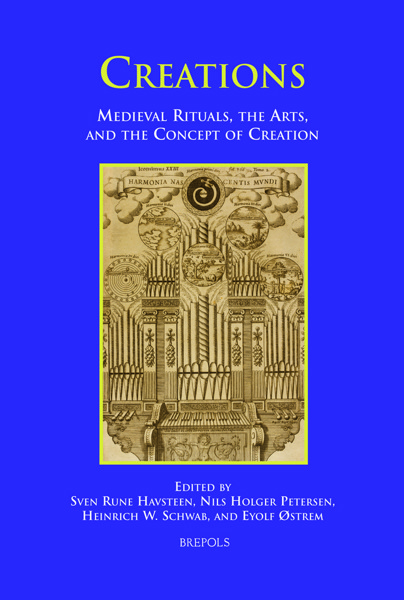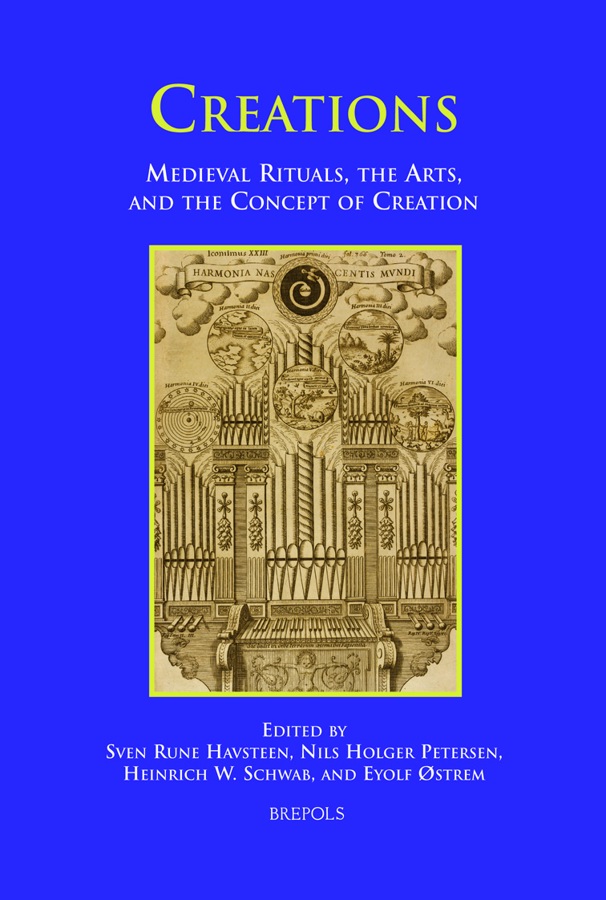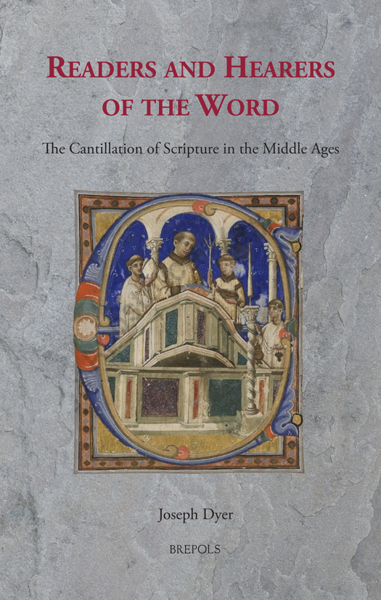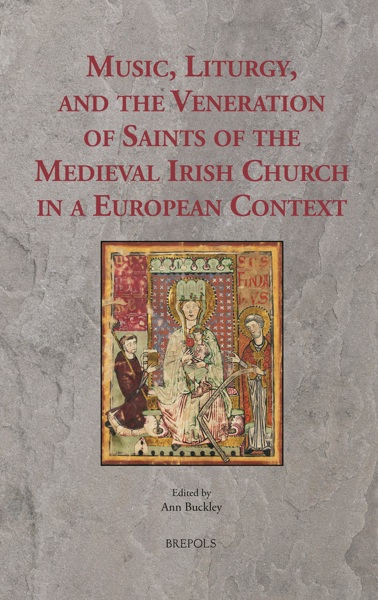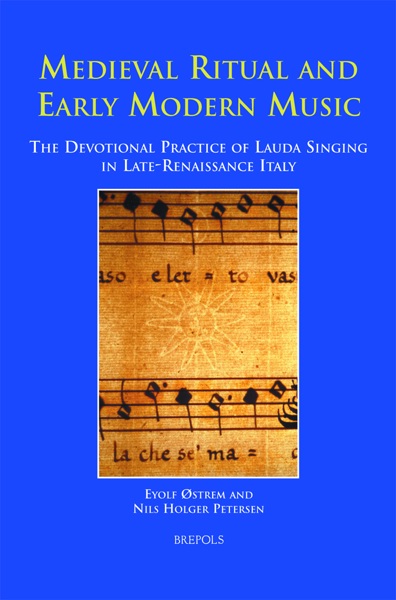
Creations
Medieval Rituals, the Arts, and the Concept of Creation
Sven Rune Havsteen, Nils Holger Petersen, Heinrich W. Schwab, Eyolf Østrem (eds)
- Pages: 269 p.
- Size:160 x 240 mm
- Illustrations:14 b/w, 2 col.
- Language(s):English
- Publication Year:2007
- € 35,00 EXCL. VAT RETAIL PRICE
- ISBN: 978-2-503-52295-1
- Hardback
- Available
- € 35,00 EXCL. VAT RETAIL PRICE
- ISBN: 978-2-503-53833-4
- E-book
- Available
The essays in this volume, by scholars across a range of disciplines, explore the historical construction of and changes to the concept and experience of creation.
"This book is very rich in suggestions and it is surely a very precious instrument to approach the question about the idea of creation and its conceptual implications in the different fields of knowledge." (A. Doninelli Parisoli, in: The Medieval Review, 08.09.17)
The volume concentrates on the period from the Carolingians to the Counter-Reformation but also includes some twentieth-century musicians. Each essay is dedicated to a particular topic concerned with ritual or artistic beginnings, inventions, harmony and disharmony, as well as representations or celebrations of creation. Central themes include the interplay of the ideas of God as creator, of God acting and recreating in medieval liturgy, of God as artist – the deus artifex of the Pythagorean cosmology, which was occasionally referred to as recently as the early nineteenth century - and, finally, of the homo creator, a concept in which man reflected (and eventually replaced) God in his artistic creativity.
This book therefore features new, significant, individual contributions from a range of scholarly disciplines, but, taken as a whole, it also constitutes a complex interdisciplinary study, with large-scale historical constructions.
